Meet Our Team
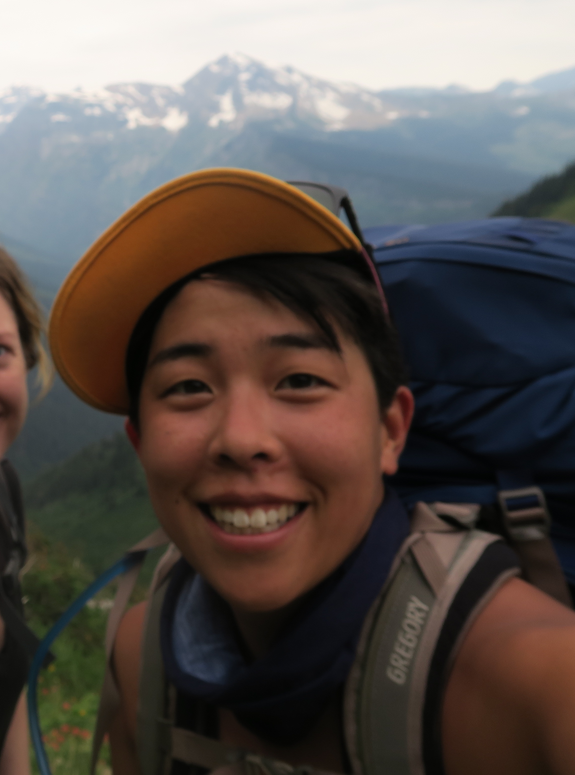
Cheryl Chen
Cheryl is a systems thinker, connector, and tactical strategist with over 13+ years of experience in cultivating teams and utilizing technology to disrupt systems and empower communities. A trained human geographer at heart - people have always been at the center of her work. Cheryl’s expertise is in building for-purpose organizations from the ground up that challenge ‘business as usual’ systems both in how they operate and in the impact they seek to create. She was previously the Operations Director and Seafood Traceability Technology Pod Manager with Future of Fish--an international NGO focused on ending overfishing by developing strategic and investable triple bottom line seafood supply chain innovations in under-served coastal communities worldwide. Before then she was with Point 97 and Ecotrust where she designed and orchestrated large-scale multi-stakeholder initiatives centered on the development and implementation of fisheries/ocean management and seafood supply chain technology solutions. Cheryl received her Ph.D. in Geography from the University of California, Santa Barbara.
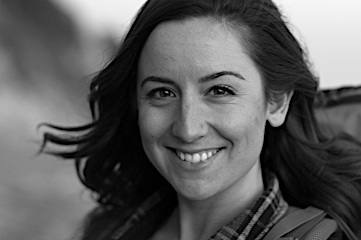
Jocelyn Enevoldsen
Jocelyn is a project coordinator with the Strategic Earth team. Her experience in marine science research, community outreach and engagement, and natural resources policy analysis on projects throughout the West Coast are valuable assets to the team. Jocelyn is a 2015 California Sea Grant Fellowship recipient and holds a B.Sc. in Aquatic Biology from the University of California, Santa Barbara (UCSB), and a Masters of Environmental Science and Management with a specialization in Coastal Marine Resources Management from the Bren School at UCSB.
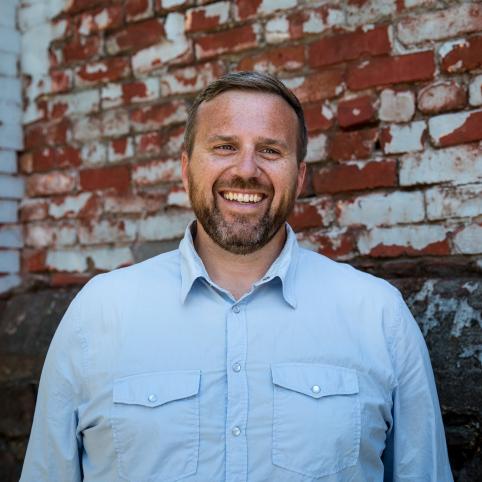
Jon Bonkoski
Jon is the Ecotrust Knowledge Systems Program Director. He has over eighteen years of experience and his work includes a range of projects from overseeing the technical aspects of Ecotrust’s Marine Spatial Planning work in Oregon and California to providing database expertise to the Whole Watershed Restoration Initiative. Jon has helped develop several geospatial tools including Hoonah Stewards, which is a mobile information sharing tool designed for natural resource reliant communities to participate in land management decisions in rural Alaska. Prior to working for Ecotrust, Jon developed his GIS skills by creating spatially delineated inputs for a Groundwater Availability Model for the Gulf Coast of Texas. He also aided federal biologists in determining critical habitat for ESA listed salmon and steelhead in the Pacific Northwest. While at Ecotrust, Jon served as a GIS Analyst for the State of the Salmon Consortium, a joint venture between Ecotrust and Wild Salmon Center, dedicated to salmon stock monitoring and assessment across the Pacific Rim. Jon completed his undergraduate work in Biology at the Principia College in Elsah, IL.
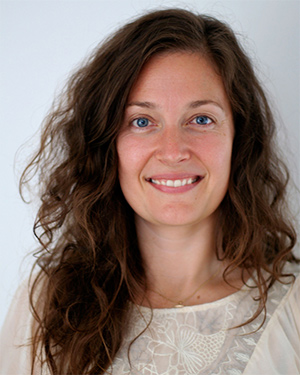
Kelly Sayce
Kelly is a principal and co-founder of Strategic Earth Consulting, formulating and implementing effective outreach and community engagement strategies for over fifteen years. She has designed and facilitated public involvement and outreach programs, collaborative processes, and policy dialogues on environmental decisions related to coastal resources, water, and energy.
Her unbiased relationship building and passion to learn from diverse perspectives build successes in connecting disparate stakeholders while inspiring innovative and inclusive engagement strategies for their participation in environmental decision-making.
Kelly holds a B.Sc. in biology and environmental science from Trent University, Canada, MAS in marine biodiversity and conservation from the Scripps Institution of Oceanography at the University of California, San Diego, and a number of professional certifications.
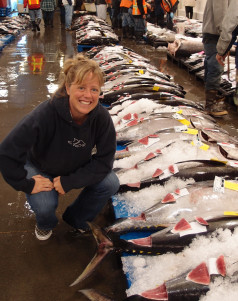
Laurie Richmond
Dr. Laurie Richmond is an associate professor in the Department of Environmental Science & Management at Humboldt State University. She conducts research related to the human dimensions of marine and coastal issues. She has developed research with fishing communities in Alaska, the Western Pacific, and California. She was part of the project team that conducted baseline socioeconomic monitoring for the California North Coast MPA network. Most recently, she worked with fishermen from Eureka and Shelter Cove to develop strategic plans called Fishing Community Sustainability Plans.
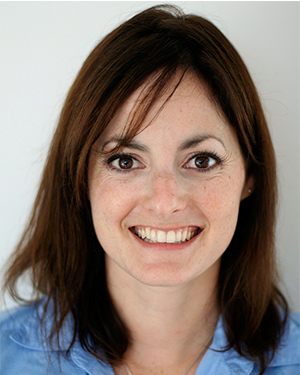
Rachelle Fisher
Rachelle has been with the Strategic Earth team since January 2010 sharing her strengths in assessing complex policy issues in coastal and marine resource management and translating those ideas to a diverse audience in accessible ways. Her experience in strategic planning and communications, issue resolution, information synthesis, policy navigation, and project management provides the tools to help audiences address issues holistically and inclusively. She is a 2008 California Sea Grant Fellowship recipient and holds both a B.Sc. in Biology from the University of California, Santa Barbara, and a MAS in Marine Biodiversity and Conservation from the Scripps Institution of Oceanography at University of California, San Diego.
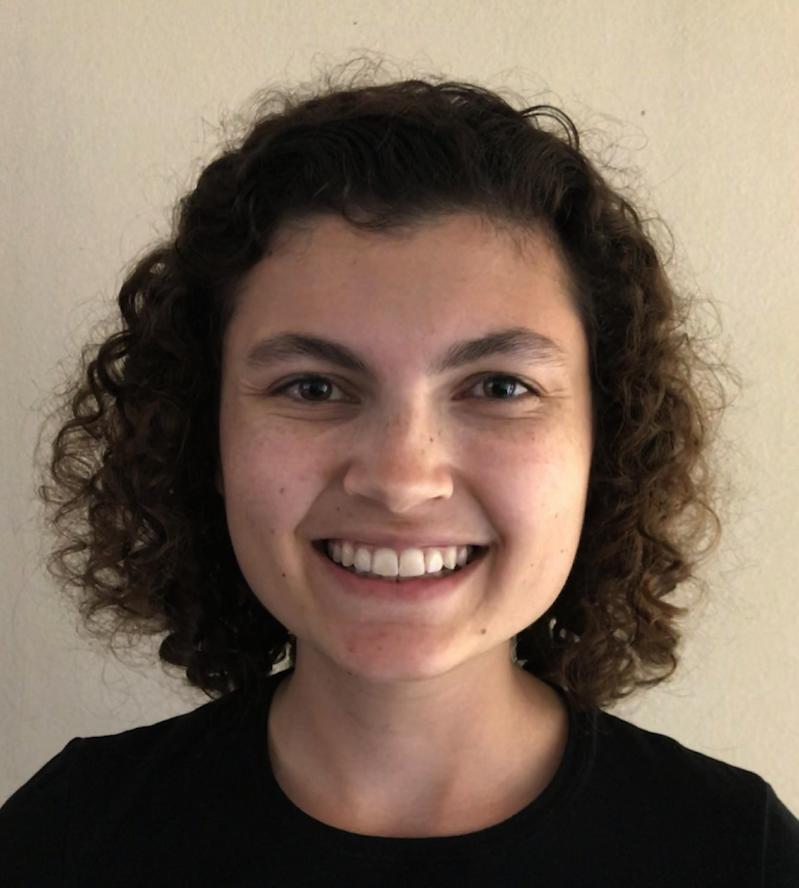
Samantha Cook
Samantha is a graduate student in the Environmental Science and Management program at Humboldt State University (HSU). Her thesis research focuses on fishing community well-being and the social impacts of fisheries management on fishing communities in California. She has worked as a conservation mentor to high school students and as a public library programs coordinator where communication, collaboration, and relationship-building were key strengths that led to high quality outcomes. She holds a BA in Sustainability Studies from San Diego State University where she was also editor-in-chief of the Undergraduate Research Journal.
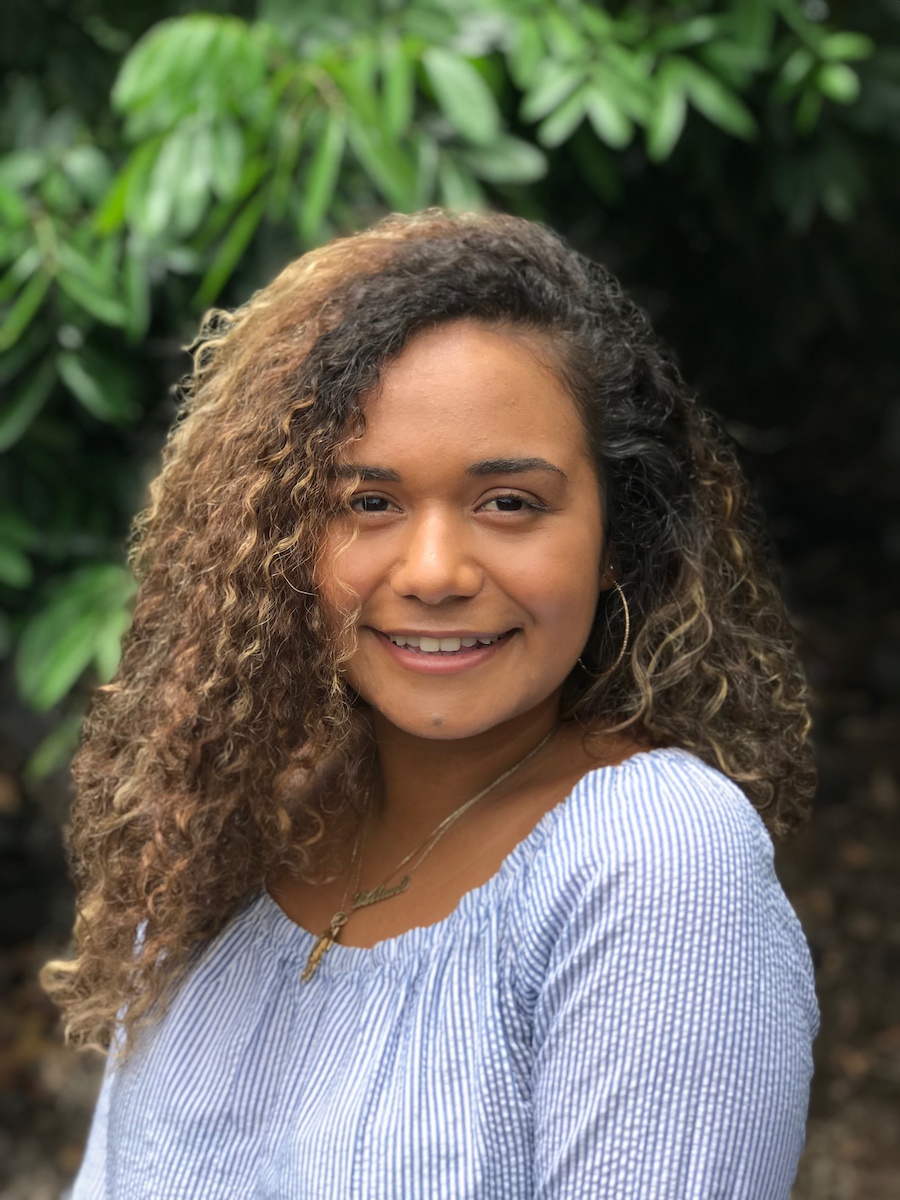
Mikayla Kia
Mikayla is an undergraduate student at Humboldt State University (HSU) double majoring in Environmental Science and Management and International Studies. From the Big Island of Hawai’i, Mikayla has worked as a ranger intern at Kaloko-Honokōhau National Historical Park to educate people about the rich cultural history of fishing in Native Hawaiian communities. She brings this unique understanding of human-environment relationships to the socioeconomic assessment and monitoring of California commercial fishing communities in relation to marine protected areas.